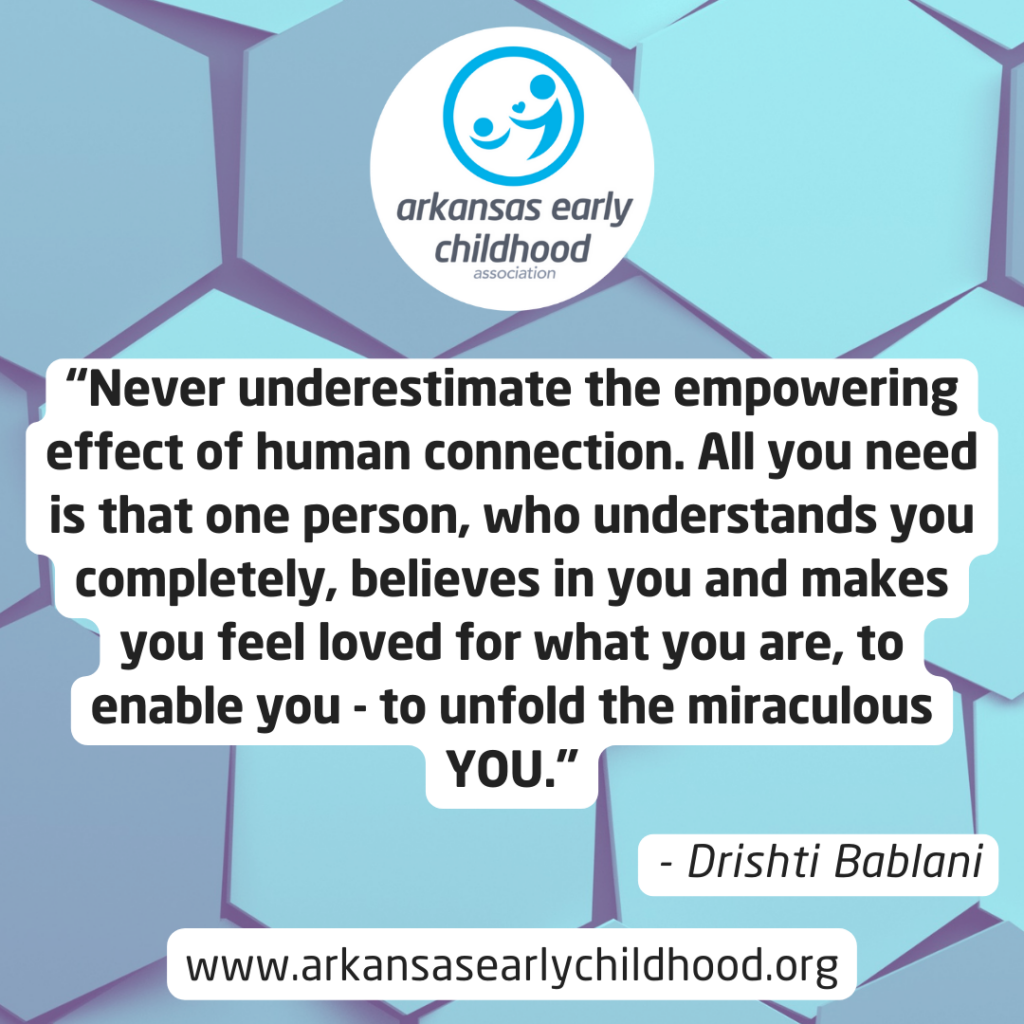
Hey y’all! Oftentimes, during the month of June, fathers and father-figures are at the forefront of many of our minds. This gets me thinking about the importance of men in the field of early childhood education. Unfortunately, less than 4% of early childhood educators nationwide are male (U.S. Bureau of Labor Statistics, 2023). While I think we would all agree that we want and need to encourage more men to enter the field, understanding their unique and valuable strengths is an important component to making this goal achievable.
Men make excellent early childhood educators because:
Men care too! Children are highly impressionable, and by having male role models present in the early years, children learn that men can be nurturing, compassionate, and caring just as women can be. This exposure helps broaden their understanding of traditional “gender roles” and cultivates an inclusive mindset from an early age, demonstrating that all people can be caring and should be caring to one another.
They promote fathers’ involvement. Male educators can encourage families, especially fathers and father-figures, to become more involved in their child’s education and support the role of the father and father-figure as an important contributor to their child’s life.
They reflect everyday life. There are males in other aspects of children’s lives, so it follows that they should also have male role models within their educational environment.
They provide diversity. Male educators bring unique perspectives and teaching styles to the early childhood education setting. Just as each child is an individual, educators also possess their own strengths, talents, and approaches to teaching. Children can benefit from a wider range of teaching methods and experiences by having a diverse group of educators. This provides for diverse communication styles and problem-solving approaches, which can resonate with certain children who may thrive under their guidance. Different energy, playfulness, and interests can also create a balance in the learning environment, catering to all children’s diverse needs and preferences. By embracing various teaching styles, children can learn and grow in a way that is best suited to their individual learning styles and personalities.
They are positive role models. Male educators can provide positive role models to all children in their care. As children grow and witness male educators in positions of authority and affection, they receive validation for their own emotions and nurturing qualities. This reinforces the idea that emotional intelligence and empathy are essential qualities for everybody.

It is more important than ever to allow children to build these connections with a diverse range of people, including male educators, as these relationships set the foundations for how children view the world around them. By embracing and advocating for male educators in early childhood education, we empower our children to grow up in a world that values inclusivity, equality, and the limitless potential of every individual. Let us celebrate and support the vital role of male educators in nurturing tomorrow’s generation.
I would love to hear from you! Email me at president@arkansasearlychildhood.org and let’s connect!

Natasha Kile
President of AECA

Recent Comments